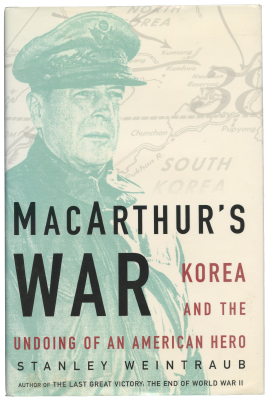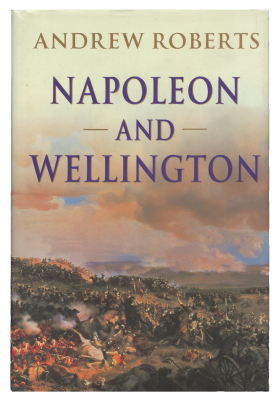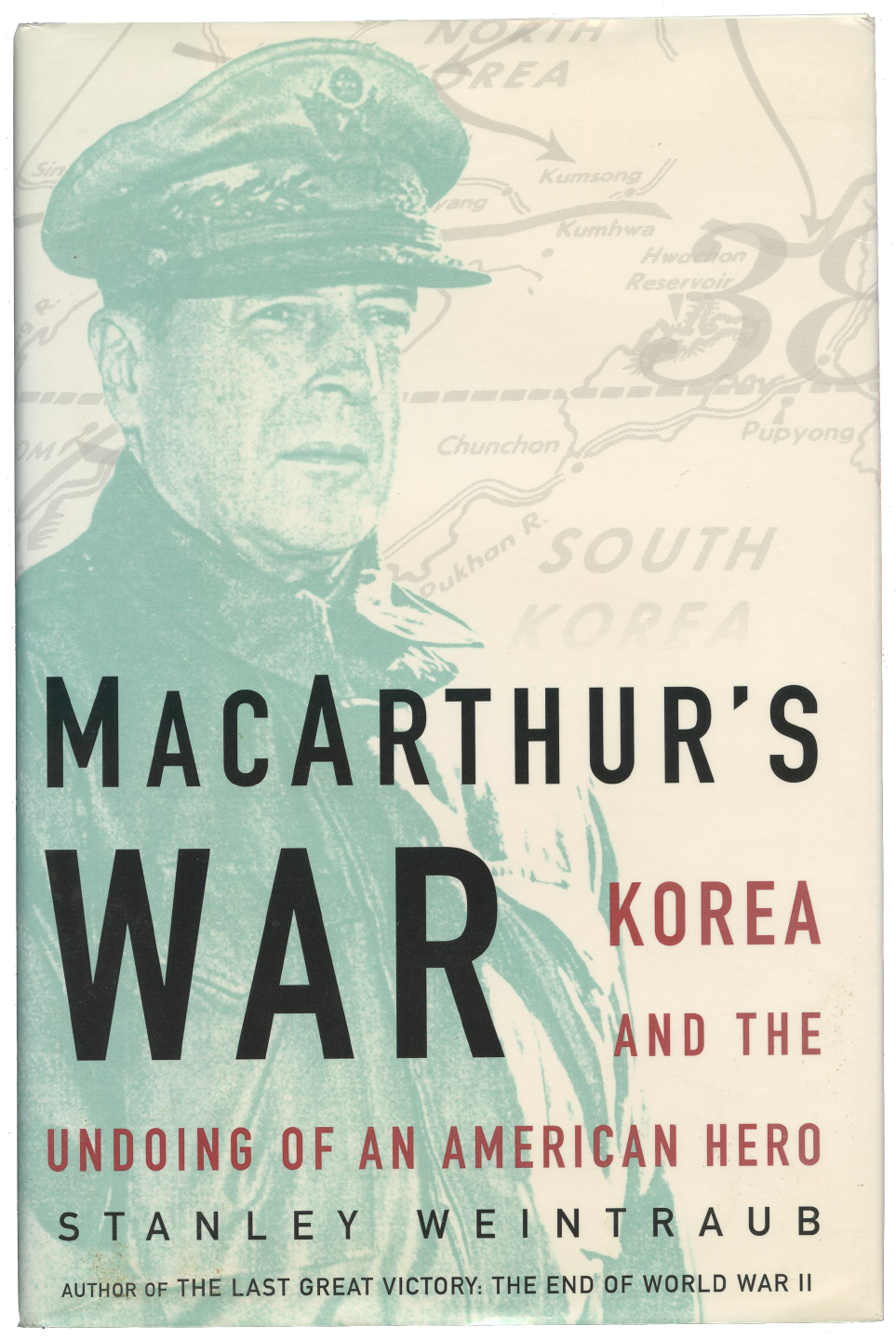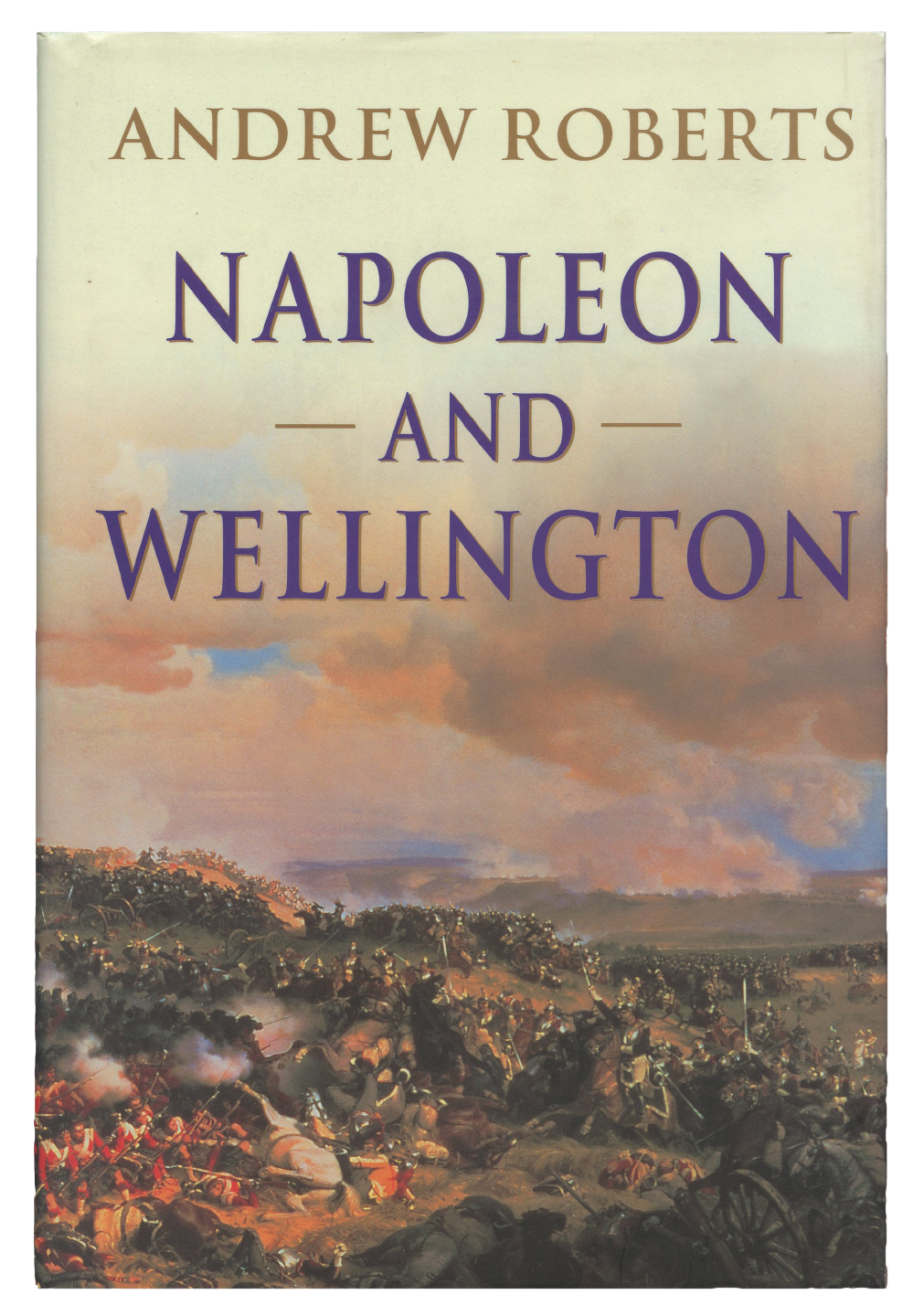War
“This was ‘my’ war,” Stanley Weintraub wrote in the preface to his diatribe on General Douglas MacArthur’s failures in Korea and attempts to draw Chinese Communists into a full-scale conflict that led to his ouster by President Harry Truman in 1951 for insubordination. Weintraub, a Penn State professor, had written about other wars, but “for me,” he said “Korea is different. I was there.”
The Korean War had ended by the time Burns enlisted in the US Navy in 1955. He served as a storekeeper on the destroyer USS Purdy for two quiet years, but like many of his generation, his outlook was profoundly marked by the bloody and costly wars that raged during his formative years.
Books about military conflicts and commanders constitute a large portion of Burns’s personal library. Just as he studied the careers of great business executives to learn corporate management strategies, he likewise analyzed and drew lessons from the successes and failures of history’s great military leaders.
Napoleon provided perennial fascination and his defeat at Waterloo a topic of endless examination. In Napoleon and Wellington, Cambridge historian Andrew Roberts examines what the respective leaders thought about each other and how that influenced their actions. For Burns, the chief lesson was communication. In his estimation, Napoleon lost because he failed to give his forces clear written orders, “while the Duke’s orders were always crisp and well understood by each of his regimental commanders.”

Stanley Weintraub, MacArthur’s War: Korea and the Undoing of an American Hero (New York: The Free Press, 2000). DS919.W46 2000



